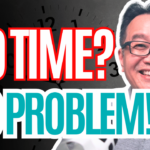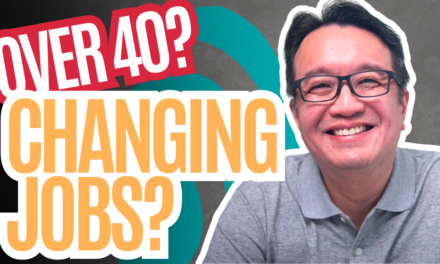
Thinking about a career change? Try e-learning

E-learning has now entered the mainstream, enabling mid-career individuals to retool to start in completely new industries
From 2018, all schools in Singapore for students aged 7 to 19 will have access to a new online learning portal, the Singapore Student Learning Space or SLS.
The SLS is intended to support teaching and learning in all schools in Singapore, to nurture future ready learning and empower students to drive their own learning according to their needs and interests. The system is piloted in 62 schools from August 2017, and will reach all schools by 2018.
E-learning has come a long way, and is now a part of the mainstream. I transitioned from a career in law to an online business with an education that was completely e-learning based.
Compared to traditional education, e-learning is beneficial in several ways:
E-learning allows you to learn from anywhere:
When I wanted to leave the legal profession, I considered doing a further business degree, but didn’t really want to go back to university or student life. I have a family and a home, and that’s where I wanted to be.
E-learning allows you to learn at anytime:
I also had a full time job. And juggling a family and a full time job is tough enough even without taking additional educational courses. E-learning allowed me to start my education after everyone goes to bed and before they get up. Yes, it took a toll on my sleep, but anything that’s worth doing takes some effort, right?
E-learning allows you to learn at your own pace:
Doing a course around a full time job and family meant that I couldn’t take it as quickly as a full time student, but I also believed that I was driven enough not to want to do this over a period of years. So, on top of nights, I would put in more hours on weekends and take the occasional day off to catch up on courses that I felt would add most value to me.
E-learning allows you to learn what you want or need:
On that note, the course I signed up for was general enough for a number of different online business models, and the idea is to look at it as a buffet, but pick only the courses that are relevant to me. There’s also certification for various technologies and business models, and you wouldn’t take every certification, but the ones that are most relevant to your future career or business.
E-learning is more consistent and provide overall better quality:
Ever attended a lecture when the lecturer was having a bad day? I’ve attended enough lectures from temperamental lawyers to know that I would have gotten a lot more value from a lecture they gave on the same subject on another day. You’ll find that only the best lectures are recorded, and those recordings are more consistent than the best tempered lecturers.
E-learning promotes hands on skills and retention:
Because e-learning allows blended learning, where hand on exercises can be taken at your own pace and direct learning interventions carried out to correct mistakes.
E-learning is generally cheaper than traditional education:
This is because a lecture can reach thousands instead of hundreds, and is repeatable. You’ll never find universities offering courses at the quality and cost that e-learning is able to. Plus, you’ll also save on commutes, hostel fees etc.
I personally found this e-learning course particularly suited my circumstance, where I wanted to learn digital marketing, a completely new skill for me, in order to leave my legal career behind; and needing to learn that new skill around existing career and family commitments.
























Recent Comments